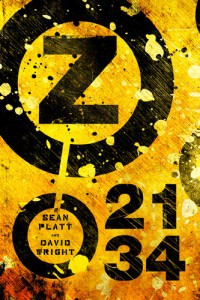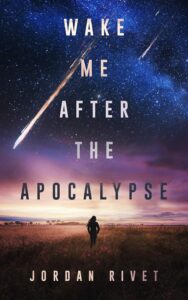 Some books have hooks that just get me, or maybe Amazon is good at advertising. Whatever. Anyway, this book‘s hook is that Joanna the protagonist wakes up from cryosleep after 200 years only to find that there’s been a cave-in, and she alone has survived out of her group of a thousand people. The backstory, doled out in alternating chapters, is that a comet was about to hit the earth, but with enough warning that lots of bunkers of 1,000 people each were set up throughout America to allow humanity to survive the darkness and the desolation, via centuries of sleep thanks to recently successful cryonics technology.
Some books have hooks that just get me, or maybe Amazon is good at advertising. Whatever. Anyway, this book‘s hook is that Joanna the protagonist wakes up from cryosleep after 200 years only to find that there’s been a cave-in, and she alone has survived out of her group of a thousand people. The backstory, doled out in alternating chapters, is that a comet was about to hit the earth, but with enough warning that lots of bunkers of 1,000 people each were set up throughout America to allow humanity to survive the darkness and the desolation, via centuries of sleep thanks to recently successful cryonics technology.
I mean, Joanna’s personal backstory is also doled out through those alternating chapters, but that’s the gist of it. Cryosleep to avoid disaster, wake up to completely different disaster. So… obviously she’s going to meet other survivors. For one thing, there’s no reason to believe all the bunkers were destroyed just because hers was. But, insofar as this is the first book in a series, I was looking for less exposition and relationships and stuff, more raw survival and maybe mystery solving.[1]
What I got was… about half a book of those alternating backstory chapters, enough to get me well and truly tired of them. Then, just as the book I was looking for got started, the back 40% of it was instead chock full of people again, already. Ugh. It’s not that the story Rivet wrote was bad, it just was not at all what I wanted. Put a different way [that overstates the case of what this book actually is], I’d like to read these YA books and have them be less about Team Jacob versus Team Edward and more about Team Bella.
Anyway, if the second book is available at the Kindle lending library, I’ll borrow it eventually as I did this one. If it is not, I’m pretty sure I will neither buy nor download it. So… yeah.
[1] After all, just because the scientists believed it would be an extinction level event doesn’t mean it definitely would be. 99.999% death rate, we’d still bounce back[2].
[2] …well, maybe not bounce.
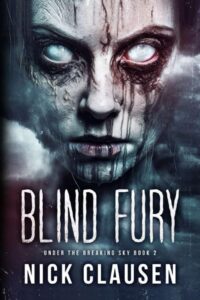
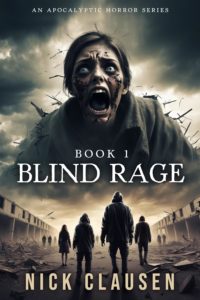
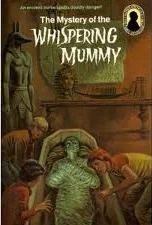
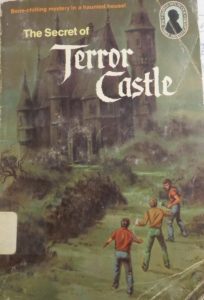
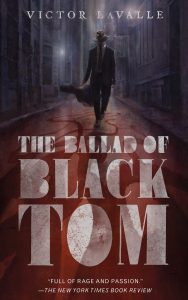 As a part of the ongoing series, Chris Reads Books Years Past When People Were Recommending Them, sponsored in this case by Tor who had the ebook on offer for free a few months ago, I present: a review of
As a part of the ongoing series, Chris Reads Books Years Past When People Were Recommending Them, sponsored in this case by Tor who had the ebook on offer for free a few months ago, I present: a review of 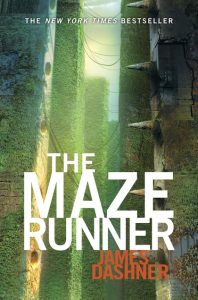 I finished
I finished 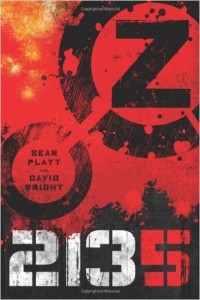 Once again, my review material comes from the author’s afterword. This time, apparently, the authors of
Once again, my review material comes from the author’s afterword. This time, apparently, the authors of 